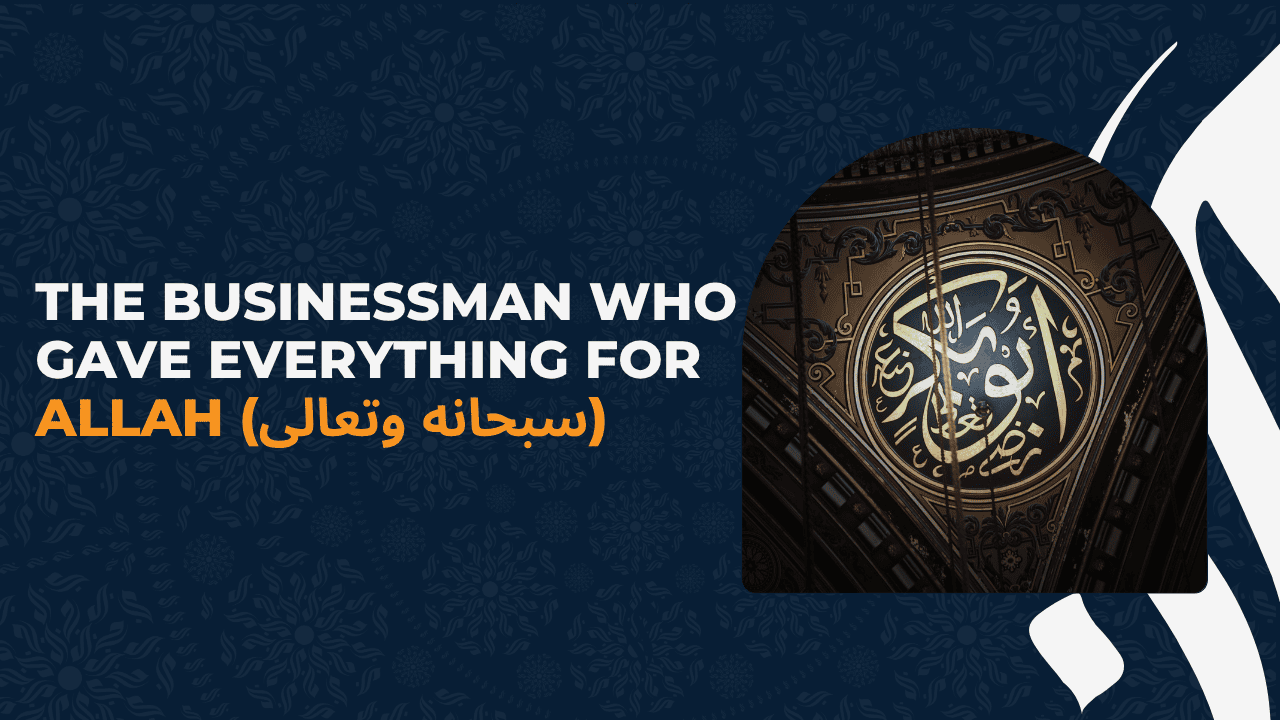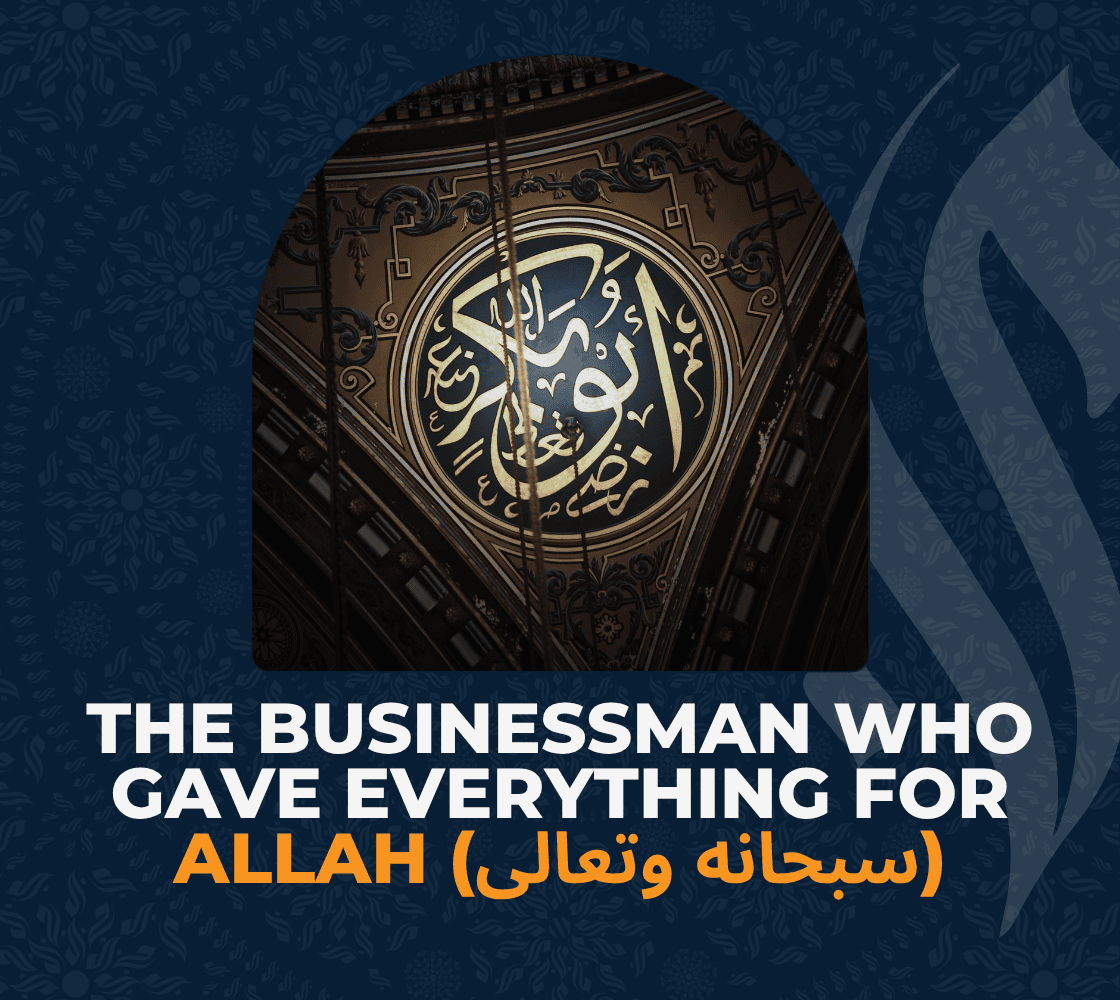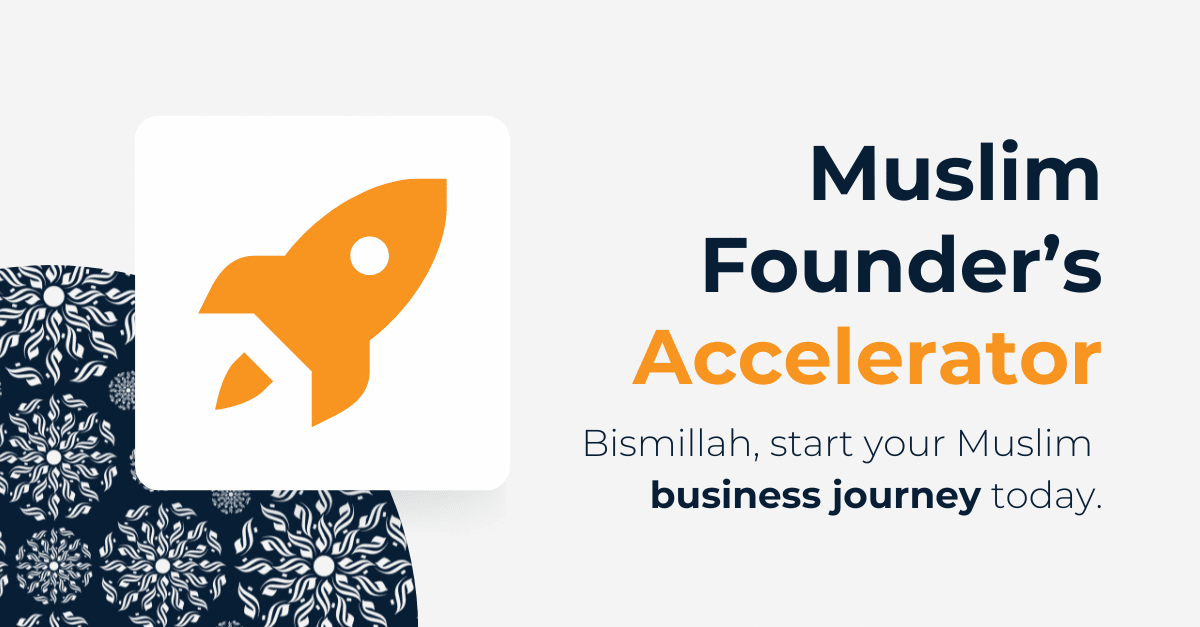

Abu Bakr as-Siddiq (رضي الله عنه) is known to Muslims as the closest companion and the first caliph. He was also a successful and trustworthy merchant before and after embracing Islam. His life offers a powerful model for entrepreneurs who want commercial success that is rooted in ethics, service, and eternal purpose. Abu Bakr did not treat wealth as an end. He treated it as a tool to serve Allah سبحانه وتعالى and to empower people.
A Reputation Built on Trust
Generosity in Action
“I have left them Allah and His Messenger.”
(Sunan al-Tirmidhi 3675 – Sahih)
This reply is preserved in the classical sources and reflects a principle that guided his life: sincere sacrifice for a higher purpose produces its own, often unseen, returns.
Business as Service, Not Status
Business as Service, Not Status
Subscribe to Muslim Founder's Newsletter
The only newsletter you need to start & grow your Muslim business, Insha'Allah.
100% Free. No Spam Guaranteed.
Practical Lessons for Muslim Founders
Below are concrete, practiceable lessons drawn from Abu Bakr’s (رضي الله عنه) life and the principles he exemplified.
1. Build a reputation for honesty
Do what you promise. Be transparent about terms, timelines, and deliverables. A single trust breach costs far more than the short gain it delivers.
2. Treat wealth as amanah
Allocate a portion of profit for charity and community support. Plan for long-term impact not merely short wins. When wealth is treated as a responsibility, decisions align with sustainable values.
3. Act decisively when needed
When a moment of collective need appears, decisive giving and action can change both community fortunes and your own legacy. Waiting for the “perfect” time often means missed opportunity.
4. Keep personal life modest while scaling business
Public humility and private integrity disarm criticism and build authentic leadership. Let your business display competence while your personal bearing reflects service.
5. Invest in people, not just products
Freeing the oppressed, sponsoring education, and providing fair wages are investments with returns in trust, loyalty, and social stability. A business that cares for people builds a resilient market around it.
Examples of Strategic Generosity
Final Reflection
Subscribe to Muslim Founder's Newsletter
The only newsletter you need to start & grow your Muslim business, Insha'Allah.
100% Free. No Spam Guaranteed.


